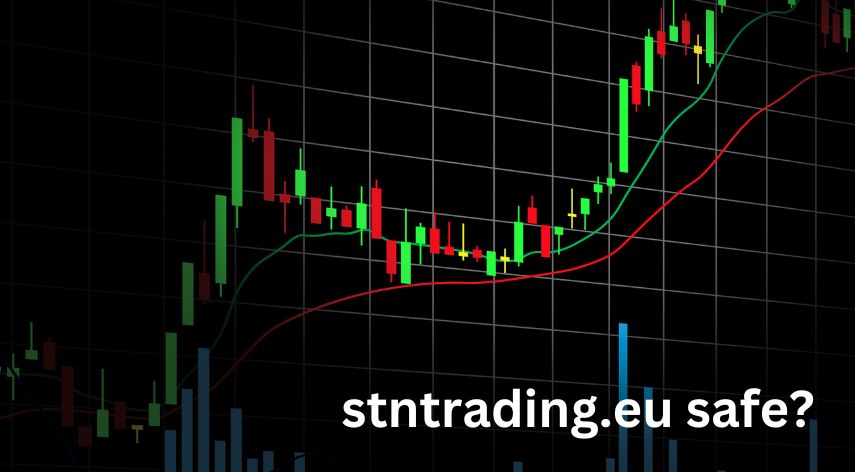Why More People Are Turning To Alternative Investing Strategies

75% of young wealthy investors between 21-42 are expecting lower-than-normal returns on their stocks and bonds.
This is driving some 80% of them to seek alternative investing strategies. As a result, alternative investments are becoming much less “alternative” by the day. From real estate to crypto, this surge in alternative investments has shaken the world of traditional stocks and bonds to its core.
So, what are these investing strategies? Why are young investors attracted to them? And how does one get involved with alternative investing?
We’ll discuss all of this and more as we explore the future of portfolio diversification. Keep reading and we’ll show you how to invest your money in a way that makes sense for the long-term stability of your portfolio.
Table of Contents
ToggleWhat Is Alternative Investing?
Alternative investing is technically any financial investment that doesn’t include cash, stocks, or bonds. They’re known as “illiquid” assets, which means that they can’t easily be converted to cash. They’re also unregulated by the SEC, which makes them inherently riskier, but more rewarding.
For this reason, alternative investments have traditionally been reserved for investors with high net worth. As we mentioned at the top, however, they’re becoming more mainstream with younger investors who want to diversify their portfolios with uncorrelated investments.
With uncorrelated investments, you can create portfolio stability. Because your investments aren’t related to one another, market fluctuations can’t have as large an impact on your portfolio as a whole. This is one of the reasons the field of alternative investments will keep growing in the near future.
Types of Alternative Investments
There are numerous different types of alternative investments. The following list consists of umbrella terms under which there could be countless more specific examples:
- Equity in a private company
- Private debt
- Hedge funds
- Physical assets, like agricultural products or mined resources
- Anything collectible, like cars or art
- Startup investments
- Distressed debt from a floundering company
- Patents of music or film catalogs
- Real estate
- Cryptocurrency and NFTs
Each of these lives on a sliding scale of risk in 2023. In a ballooning real estate market, owning property is a fairly safe investment, barring a disaster like the one we saw in 2008. Buying private or distressed debt can be risky because you’re relying heavily on outside influences.
The type of investment that stands apart from the rest is cryptocurrency. Bitcoin, NFTs, and other types of crypto are more liquid than every other type of alternative investment. There’ll be more on cryptocurrency later, as it’s become the go-to alternative investment method for young people.
Difference Between Traditional and Alternative Investing
The main difference between traditional and alternative investing is liquidity. All traditional investments – stocks, bonds, cash, etc. – can be bought and sold freely on the open market. Because they can be easily converted into cash, they’re considered liquid.
The other big difference is that they’re regulated by numerous governing bodies, like the SEC, FDIC, FRB, and FCA. Having regulations in place protects investors from nefarious activity on the part of traders and companies.
Alternative investments aren’t traded on the public market, so it’s not as easy to convert your assets into cash. They’re not regulated either, which puts the onus on the investor to do their research before making an investment.
A good example of when a lack of regulation has caused problems is the FTX scandal. Because no regulations were in place, Sam Bankman-Fried could perform all sorts of irresponsible acts with his investors’ money.
Why Young Investors Are Going Alternative
The reason why young investors are putting their money into alternative investments is diversification to the max. Having a diverse portfolio reduces risk. Not only do alternative investments have a low correlation with traditional stocks and bonds, but they’ve also got a low correlation with each other.
If there’s ever a market downturn, alternative investments are unaffected. Alternative investments also produce higher returns. This makes the risk factor worth it to young investors.
The other thing that entices investors is the ability to invest in a wide range of things. You can put some of your money into a REIT, purchase an NFT, and own a stake in your friend’s startup. None of these things affect one another, but all of them could yield major returns.
NFT and Bitcoin Investments
Young investors who have grown up with cryptocurrency and NFTs aren’t as baffled by them. Those that are more used to traditional investing have a hard time wrapping their heads around the blockchain.
What crypto provides is a middle ground between traditional and alternative investing. You can easily buy, sell, and trade with a crypto exchange of your choice, but there’s more potential for growth with crypto. It also allows you to diversify your portfolio away from traditional stocks and bonds.
All of that said, bitcoin investments are as or more volatile than other types of investments. You may invest $1000 in Bitcoin and see it grow to $10,000 in a matter of months. You could also lose that $10,000 just as easily, so it’s important not to invest more than you have.
When you see major growth in your cryptocurrency investments, there are major tax implications. Read this article on Bitcoin tax loss harvesting to learn how to lower your overall tax liability. It could end up saving you thousands.
NFT investing is even more confounding to traditional investors. They’re a way for crypto investors to diversify their portfolios even more. As with the fine art market, investing in digital art comes with its own set of risks – it’s only worth what someone else will pay for it.
Alternative Investing Is Here to Stay
Now that you know a bit more about alternative investing, you can see why more people are turning to it. There are so many benefits to distributing your money across a wide range of investments, both traditional and alternative. As long as you do your research, your alternative investments could end up providing you with financial security for a long time.
Did you enjoy this post? Visit us again for more on business and finance.
Pankaj Majumder, a seasoned Civil Engineer, combines technical expertise with a passion for innovative infrastructure solutions. With a strong academic background and diverse project experience, he excels in creating sustainable and resilient structures that shape the future of urban development.
Recommended For You
Spread the loveIn the ever-expanding digital landscape, online trading platforms have become a staple for savvy consumers looking to explore
Spread the loveHave you heard about fiat-to-crypto exchange? One area that continually captures the attention of both seasoned investors and
Spread the loveMuch like any skill you master, financial stability sometimes requires a bit of practice. In the world of





